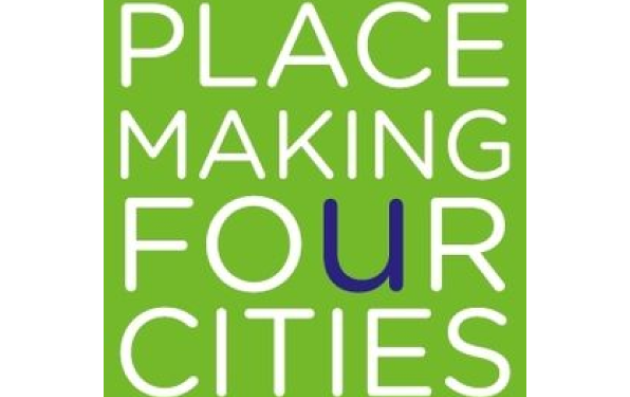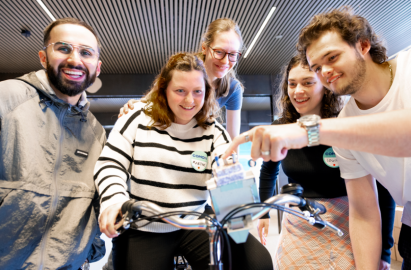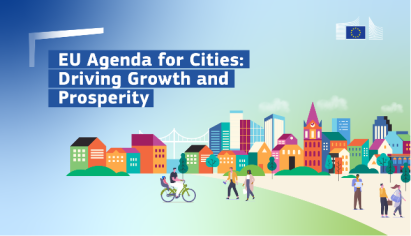01/12/2013 31/03/2015

Summary
Partners
Lead Partner : Dún Laoghaire Rathdown - Ireland- Albacete - Spain
- Eger - Hungary
- Pori - Finland
Timeline
Introduction
Our pilot network intends to test and further develop the Placemaking method with different target groups and in different target areas as an open living lab process in order to produce attractive, high quality, sustainable places in partner cities in which people want to work, live and relax.
The main driving factor of the partnership to establish such a project is the preparation for the new programming period, especially for the Community-Led Local Development approach. By transferring and adapting successfully the Placemaking method as a living lab process (where end-users can co-create any public place), partners intend to be flagships of developing urban renewal projects with efficient participatory techniques.








